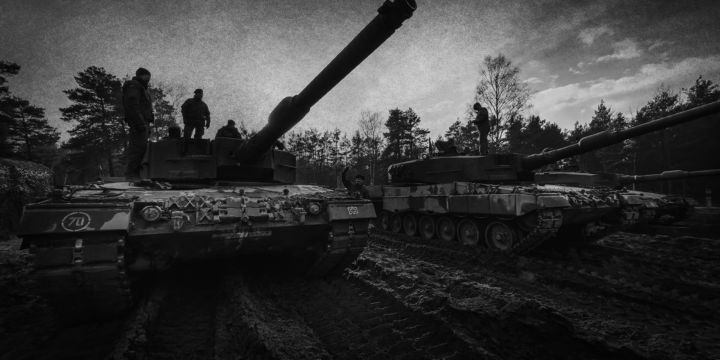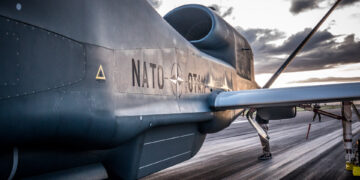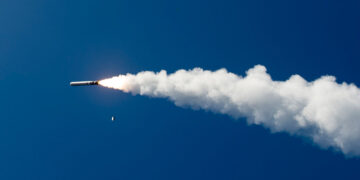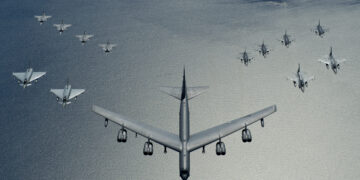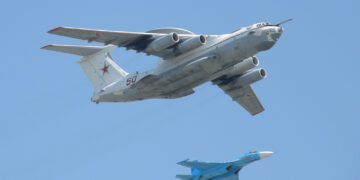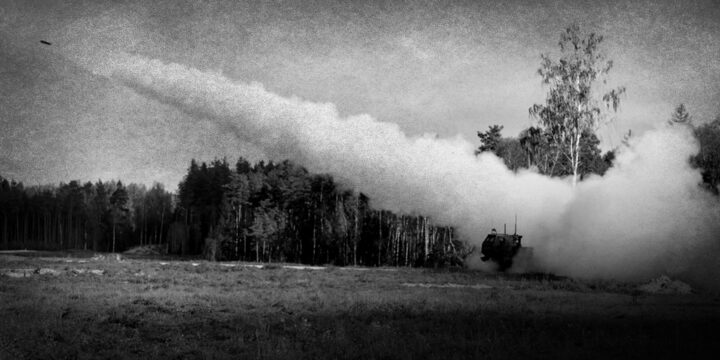March 19, 2025
Europe’s best bet for protecting postwar Ukraine
By Rajan Menon
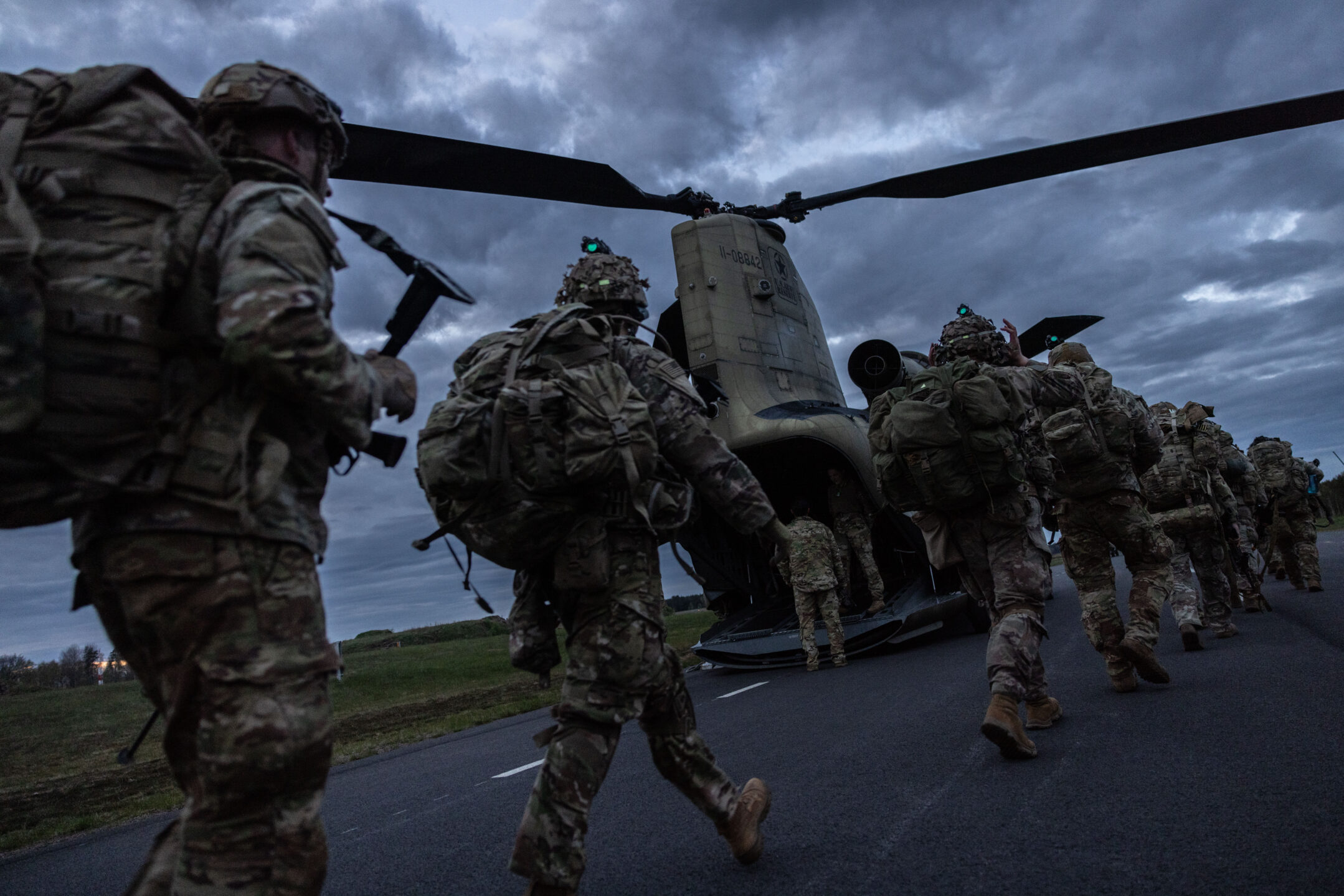
The Trump administration has put Europeans on notice: Postwar Ukraine’s security is their responsibility, and they should not expect the United States to help. As U.S. President Donald Trump put it, the war in Ukraine “doesn’t have much of an effect on us because we have a big, beautiful ocean in between.” Geography hasn’t been as kind to Europe; its leaders believe that a renewed Russian attack on Ukraine could threaten their countries’ safety and that bolstering Ukraine’s capacity for self-defense is therefore a matter of self-interest, especially given increasing doubts about the U.S. commitment to defending Europe.
Bringing Ukraine into NATO is not a solution for this problem. The alliance has been divided on Ukraine’s membership ever since it accepted the idea, in noncommittal terms, at a 2008 summit in Bucharest, Romania. Trump effectively shut that door last month by affirming his defense secretary’s statement that “the United States does not believe that NATO membership for Ukraine is a realistic outcome of a negotiated settlement.”
One idea for a European role in defending Ukraine—which French President Emmanuel Macron and British Prime Minister Keir Starmer are trying to sell—involves the creation of a force with troops provided by a subset of willing (non-U.S.) NATO countries. Alas, this proposal is even more unrealistic than NATO membership for Ukraine.
Ukrainian President Volodymyr Zelensky believes that a European peacekeeping force will require at least 200,000 soldiers to deter—or, failing that, foil—a future Russian invasion. But after more than three decades of prioritizing spending on economic and social programs over building up its military power, Europe lacks the ability to assemble a battle-capable army anywhere near as large as Zelensky proposes. The military-related spending of NATO’s European members has increased in recent years but, on average, as a proportion of GDP it barely budged since the late 1990s. Consequently, Europe’s armed forces remain heavily reliant on the United States in critical areas, including command and control, long-range targeting, logistics, surveillance, and airpower. What’s more, even if Europe had enough soldiers for the task, Russia has declared the presence of European troops in Ukraine as “completely unacceptable,” regardless of their number or mission.
More on Europe
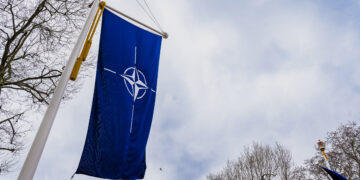
October 17, 2025
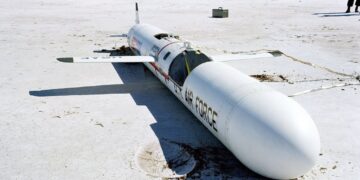
October 16, 2025
Events on Europe and Eurasia
